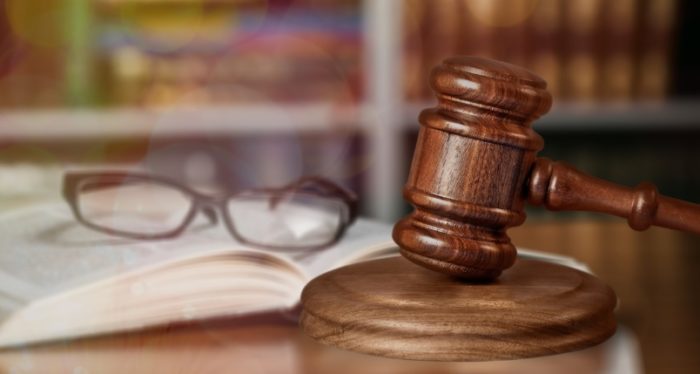A federal jury in Wilmington, Delaware, convicted a Greek ship management company, the Greek ship owner company, and the Chief Engineer of violating the Act to Prevent Pollution from Ships, falsifying ship’s documents, obstructing a US Coast Guard inspection, and making false statements to US Coast Guard inspectors.
Last week’s conviction of Liquimar Tankers Management Services Inc., Evridiki Navigation Inc., and Nikolaos Vastardis follows respective charges imposed in May.
The crimes were committed in order to conceal Vastardis’ deliberate bypassing of required pollution prevention equipment in order to illegally discharge oil-contaminated bilge waste overboard from the Liberian-flagged oil tanker Evridiki, the US Department of Justice explained.
The M/T Evridiki was an 899-foot Liberian-flagged oil tanker owned by Evridiki Navigation and operated by Liqumar Tankers Management Services. Vastardis was the Chief Engineer of the M/T Evridiki.
On 10 March 2019, the ship arrived in the Big Stone Anchorage, within Delaware Bay, for delivering a cargo of crude oil.
The following day, the ship underwent a US Coast Guard inspection to determine, among other things, compliance with international environmental pollution prevention requirements.
The jury found that during the inspection, Evridiki, Liquimar, and Vastardis tried to deceive USCG inspectors regarding the use of the ship’s oily water separator (OWS), a required pollution prevention device.
Under MARPOL, the international ship pollution prevention treaty to which the US is a party, only bilge waste containing less than 15 parts per million (ppm) oil can be discharged overboard and must be first run through an OWS and oil content meter (OCM) to ensure that no waste containing more than 15 ppm oil is discharged.
During the USCG inspection, Vastardis operated the equipment with unmonitored valves that trapped fresh water inside the OCM’s sample line so that its oil sensor registered zero ppm instead of what was really being discharged overboard.
However, historic OCM data recovered during the inspection proved that the OCM was being tricked and bypassed. When the Coast Guard opened the Evridiki’s OWS, they found it was fouled with copious amounts of oil and soot.
Each defendant was convicted of all four felony counts including knowingly failing to maintain an accurate oil record book, in violation of the Act to Prevent Pollution from Ships; obstruction of justice; obstruction of the Coast Guard’s inspection; and making a materially false statement to the Coast Guard concerning how the OWS was operated at sea.
This case demonstrates that those who pollute our oceans and deliberately mislead Coast Guard officials will be brought to justice. The Department of Justice will continue to support the important work of the Coast Guard to deter deliberate vessel pollution,
…said Assistant Attorney General Jeffrey Bossert of the Justice Department’s Environment and Natural Resources Division.






























































